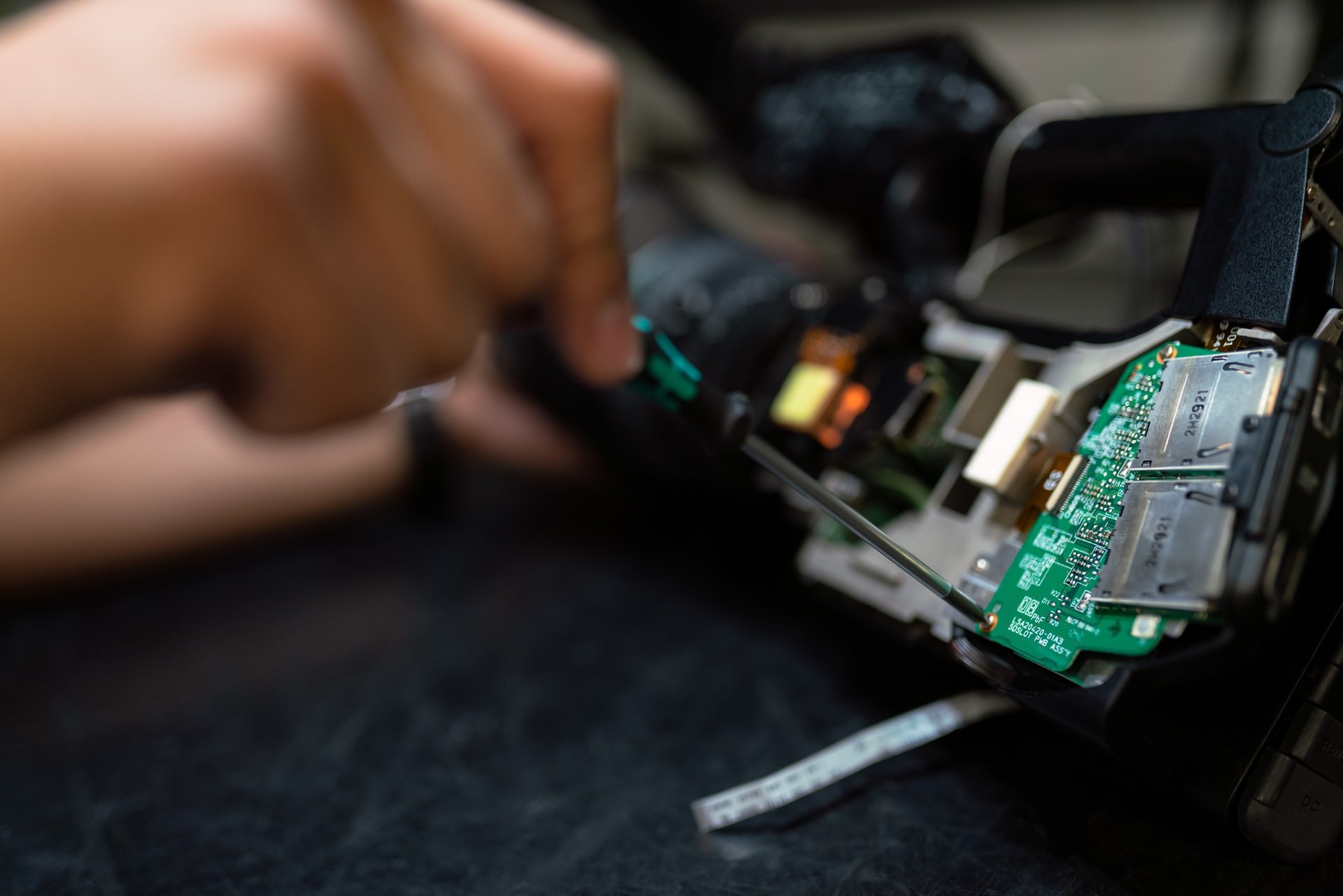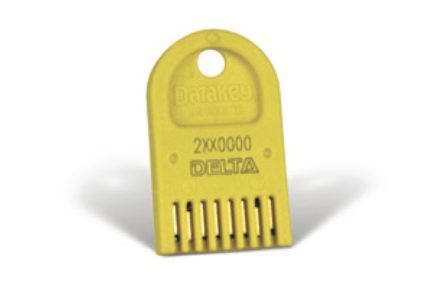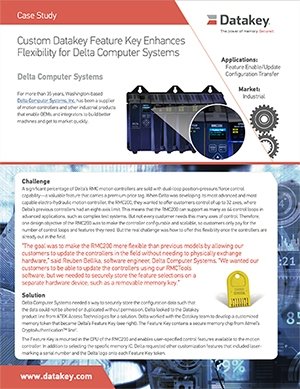Securely storing and updating product configuration data – a case study featuring Delta Computer Systems
Mar 28, 2022
Article
While microcontroller-based embedded systems are typically designed for a specific product or application, it is not uncommon for that platform to support a variety of models, each with its own feature set. It may even be that the hardware is the same across models, with the factory-loaded firmware only enabling the applicable features for each particular model.
But think of the competitive advantage a company would have if their device would grow and adapt with their customers’ evolving needs. This type of flexible solution would allow customers to only pay for the features they need now, while allowing them to grow in the future without having to replace their hardware.
Options for field-upgrading hardware
Traditional solutions for enhancing or upgrading hardware range from sending technicians on-site to perform the upgrades, to sending the replacement hardware with the new features enabled – leaving the customer with the often time-consuming and labor-intensive tasks of installation, configuration and troubleshooting. Sometimes, new features can be downloaded in the form a firmware update, but because many embedded devices operate in a controlled network environment (or they may be non-networked devices), simply connecting to the web to pull down an update may not be an option.

One way of working around these challenges is to enable new features or turn on expanded capabilities is through the use of a secure portable memory device. When thinking about the value of these new/expanded capabilities, it is clear that this type of update requires security beyond that of a typical USB flash drive or SD card. The memory device needs to be secure, tamper-proof, copy-proof and tied to the customer – delivering peace-of-mind to both the hardware manufacturer (that their revenue stream stays secure) and the customer (knowing their purchased upgrade is secure and will be supported for years to come).
Introducing... the Feature Key
Delta Computer Systems, experienced makers of motion controllers and industrial computers, had this very issue – highly capable products and a wide customer base needing varying levels of capability. With their latest motion controller, Delta Computer Systems wanted customers to be able to configure the controller based on their initial needs and then expand later if needed. They needed a secure way to store this configuration data and a secure way to update it in the future.
They decided to store the configuration data on a custom Datakey portable memory device. They worked with the Datakey team to create a custom Delta-branded memory token that Delta calls the Feature Key.

The Delta Feature Key is a custom Datakey memory token that utilizes a Microchip CryptoAuthentication IC to ensure that a customer’s purchased configuration can be securely stored and later updated. Delta chose to update the controller through their software, which manages updating the configuration data that is securely stored on the Feature Key that resides in the controller. We published a downloadable case study on Delta Computer System’s use of a CryptoAuthentication-based Datakey memory token for their RMC200 motion controller line.

If Delta Computer Systems had solely wanted a secure way to store the RMC200’s configuration data, they could have simply incorporated a CryptoAuthentication IC on the controller board. Instead, they opted for a removable memory device to allow for a quick, easy and secure way of transferring the configuration to a backup controller in the event that a controller ever went down—a solution that provides flexibility, security, convenience and decreased downtime.
Do you need secure, configuration data storage and feature update capabilities?
For more information on our CryptoAuthentication-based memory tokens, or if you’re curious to learn more about the various methods to securely upgrade devices in the field, don’t hesitate to reach out and connect with us.
CryptoAuthentication is trademark of Microchip Technology Incorporated in the U.S.A and other countries and is used under license.